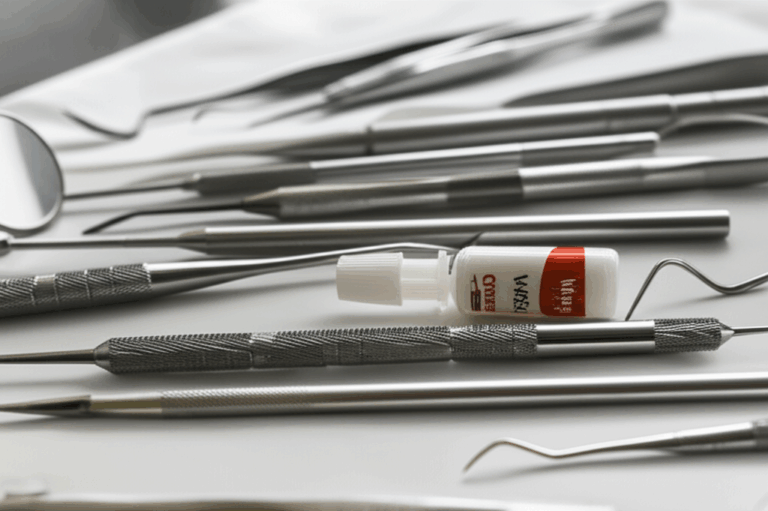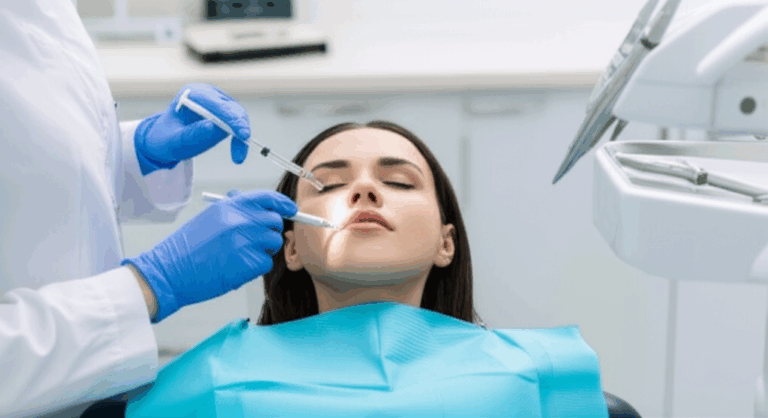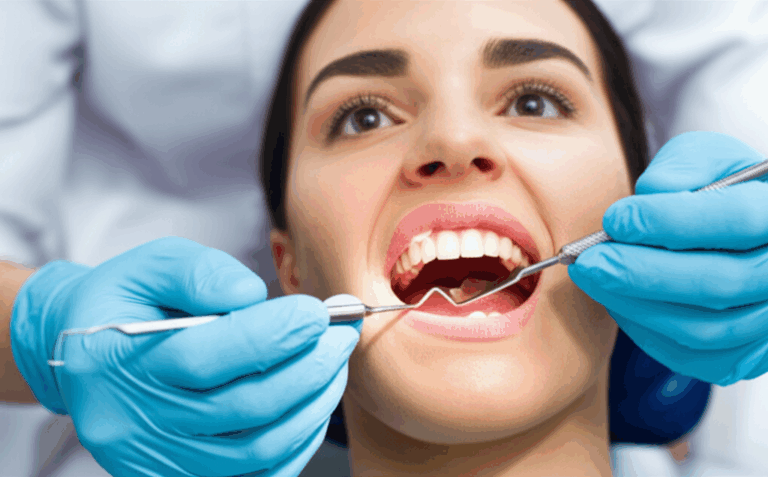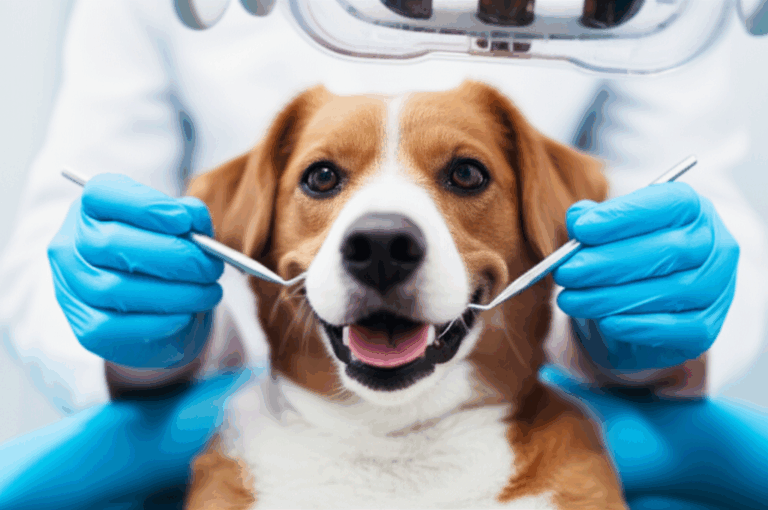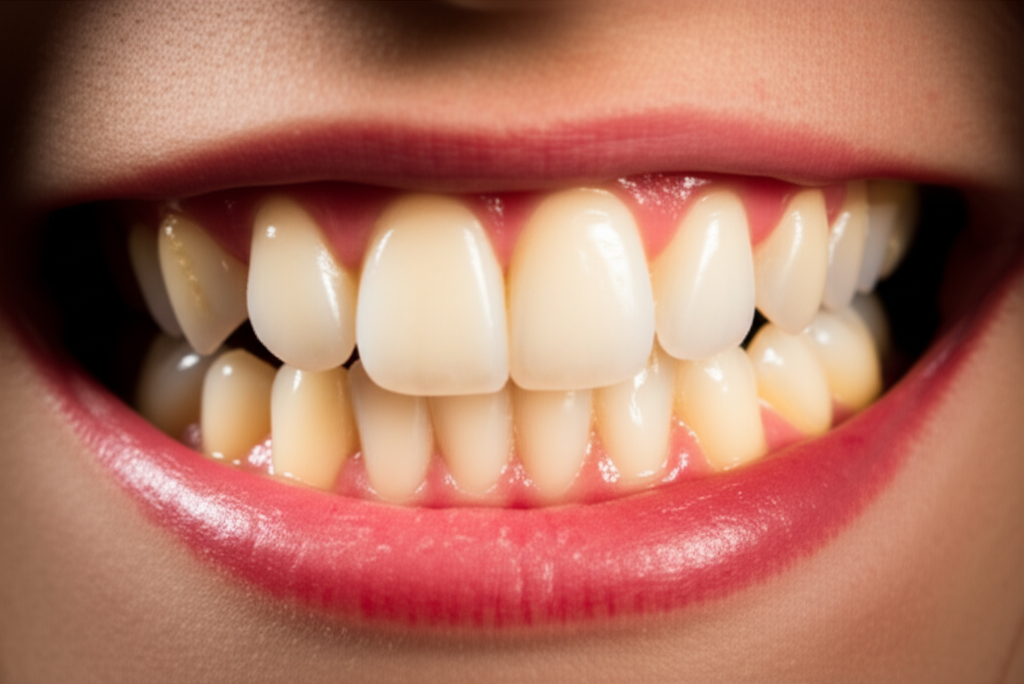
Why Take Antibiotics Before the Dentist? Understanding Premedication for Your Safety
Have you ever felt a bit unsure (or even worried) after your dentist said, “You’ll need to take antibiotics before your next visit”? You might have asked, “Why do I need antibiotics for a cleaning or tooth removal? Isn’t that too much?” Or maybe you’ve heard mixed advice—one dentist says you need antibiotics, another says you don’t. If you’re trying to find the real answer, you’re not alone. This is a common question, and it shows you care about your health.
Let’s break this down together. We’ll answer your concerns in plain terms, explain what’s really going on, go over who actually needs antibiotics before dental work (and just as important, who doesn’t), and help you feel sure about your treatment. Ready to get it figured out? Let’s get started.
In This Article
- What Does It Mean to Take Antibiotics Before Dental Work?
- Why Dentists Recommend Premedication: Preventing Serious Infections
- Who Really Needs Antibiotic Premedication Before Dental Procedures?
- Who Usually Does Not Need Antibiotics Before the Dentist?
- Which Dental Procedures Actually Require Premedication?
- How Have the Guidelines Changed Over Time—and Why?
- Your Role in Staying Safe: What to Tell Your Dentist
- What Kind of Antibiotics Are Used—and How Should You Take Them?
- Takeaway: How to Make Informed Choices About Antibiotics and Oral Health
What Does It Mean to Take Antibiotics Before Dental Work?
First, what does ‘antibiotic prophylaxis’ or ‘premedication’ mean when you go to the dentist? In simple words, it means taking a special dose of antibiotics before your dental appointment—usually about 30 to 60 minutes before—to help stop certain bad infections from happening.
But here’s the main thing: Not everyone has to do this. This is not about stopping a regular cavity or helping with a sore tooth. It is to protect some people, who are at higher risk, from rare but very serious problems that can happen when bacteria from your mouth get into your blood during dental work.
Don’t picture a big emergency scene. For most people, the risk is super low. But for some with weak immune systems, certain heart problems, or some implants, it’s worth having extra safety.
Why Dentists Recommend Premedication: Preventing Serious Infections
The Main Reason: Stopping Really Bad Infections
Let’s zoom out for a second. Imagine your mouth as a busy city full of all kinds of bacteria. Most just live there without causing trouble. But dental work—like a tooth being pulled or deep cleaning—can shake things up and send some of those germs on a ‘trip’ into your blood.
Bacteremia: Why Dentists Care
This is called bacteremia—a technical word for “bacteria in your blood.” Usually, your immune system takes care of these germs fast (like police in a city catching rule-breakers), but some people are more at risk. For people with certain heart problems, fake heart valves, or weak immune systems, bacteremia can sometimes cause really bad infections in other places in the body.
Infective Endocarditis: The Biggest Worry
A big worry is infective endocarditis (IE), a life-threatening infection of the inside of the heart or heart valves. Imagine: bacteria move through your blood, settle on a weak heart valve, and start to multiply. The result? Heart trouble, stroke, or sometimes, even death. Even with the best care, IE kills 1 out of every 5 to 2 out of every 5 people who get it—not good odds.
##### Some Numbers
- IE affects about 15,000-20,000 people in the US each year (CDC/AHA).
- Death rate is 20-40% even today (American Heart Association).
- Most cases don’t start from dental work—even simple daily things like brushing your teeth or flossing can let bacteria into the blood. But dental treatments can temporarily raise the chance, especially if you have certain heart problems.
Fake Joints: How Worries Have Changed
In the past, doctors worried a lot about infections in fake joints (hip, knee, shoulder, etc) after dental work, so antibiotics were common. Now, after years of study, we know the risk is super low. Main groups like the American Dental Association and orthopedic societies now say: most people with joint replacements don’t need antibiotics anymore. Your surgeon might still want you to use them in some cases, like if you have a weak immune system or a very new joint.
Who Really Needs Antibiotic Premedication Before Dental Procedures?
Let’s make it simple. Here’s who really should take antibiotics before seeing the dentist:
1. People at Highest Risk for Heart Infections
The American Heart Association keeps this list short for good reason. The idea is to only treat those who really face high danger. You are in this group if you have:
- Fake heart valves or repairs with fake material
(These materials make it easy for germs to stick.)
- Previous infective endocarditis
(If you’ve had it once, you can get it again more easily.)
- Certain heart problems since birth
- Cyanotic heart disease never fixed,
- Heart problems fixed with fake stuff (first six months after fix),
- Heart problems fixed but still leaky (shunts or valve leaks).
- Heart transplant and then had valve problems.
If this sounds like you or someone you love, your dentist and heart doctor will usually work together.
2. Some People with Weak Immune Systems
Not all immune problems mean you need antibiotics before dental work, but your doctor might want you to if you:
- Just had an organ transplant
- Are getting chemotherapy for cancer
- Have advanced, uncontrolled HIV/AIDS
- Have rare, serious autoimmune diseases needing strong medicines
In most cases, your dentist and usual doctor will talk to each other and decide.
3. Some Other Medical Devices
Some people have special devices in their bodies—like shunts, grafts, or dialysis lines. These can get infected, but whether you need antibiotics depends on what type, how new, and your health.
What About Fake Joints?
Most people with fake joints do not need antibiotics before dental work these days. A few need it—like if your surgery was less than a year ago, you have a very weak immune system, or history of joint infections. If you are unsure, ask your bone doctor and your dentist to talk.
Who Usually Does Not Need Antibiotics Before the Dentist?
Let’s make this very clear:
You Probably Don’t Need Antibiotics IF:
- You have a heart murmur or mitral valve prolapse with no problems
- You have a pacemaker, defibrillator, or stents
- It’s been over a year since your joint was replaced and you’re not severely sick
- You’re getting simple dental treatments that don’t really bother your gums (like X-rays, fillings above the gum, or fluoride)
- You are basically healthy and don’t have the special risks above
Bottom line? Almost everyone who is healthy does not need to take antibiotic pills before a dental visit. Things are different now and so are the rules. Dentists check your risk before giving you any extra pills.
Which Dental Procedures Actually Require Premedication?
So who needs antibiotics is clear. But when are they needed?
Dental Work Where You Might Need Premedication (for High-Risk People)
If you fall into one of the high-risk groups mentioned, you usually need antibiotics before dental work that messes with your gum or mouth tissue, such as:
- Tooth removal
- Deep cleaning (scaling and root scrubbing)
- Putting in dental implants (see more at our implant dental laboratory guide)
- Root canal (in some cases)
- Gum surgery
- Any treatment that causes bleeding in the mouth
Why? These procedures open up small blood vessels, making a path for germs to get in your blood.
Dental Work Where Antibiotics Usually Are NOT Needed
You do not usually need antibiotics for:
- Check-ups
- Normal cleanings if you’re low-risk
- Simple fillings
- Crowns, bridges, or impressions that don’t go under the gums
- X-rays
- Numbing shots in healthy spots
If you are not sure, just ask your dentist.
How Have the Guidelines Changed Over Time—and Why?
Rules change as we learn more. In the old days, nearly everyone with a heart problem, heart murmur, or fake joint got antibiotics. Not anymore.
Quick Timeline
- Before 2007: Doctors and dentists gave antibiotics to lots of people with heart issues, fake joints, and some with simple heart murmurs.
- 2007 (AHA Update): The American Heart Association focused on fewer people. Now only those with the highest risks get premedication.
- 2012–2017: American Dental Association and bone doctors agreed—most joint replacements don’t need antibiotics anymore.
Why Did Things Change?
Antibiotic resistance—bacteria getting stronger and harder to treat—is the main reason. Using too many antibiotics makes more “superbugs.” Dentists write about 10% of all antibiotic prescriptions outside hospitals—that’s a lot. There are also side effects, reactions, and risks if you take antibiotics you don’t need.
The goal? Give extra protection to people who really need it; don’t give it to people who don’t. Studies show this new way is safe, with no rise in bad infections for lower-risk groups.
Your Role in Staying Safe: What to Tell Your Dentist
You might think you don’t have much say when the doctor or dentist talk about rules, heart valves, or immune problems—but you do matter a lot! The best care starts with good talking. Here’s what you can do:
1. Share Everything About Your Health
That means telling them about recent surgeries, medicines (prescription, store-bought, or herbal), long-term problems, allergies (especially to antibiotics), and if you’ve been in the hospital. Don’t skip details—this helps the dental team help you.
2. Ask Questions
Not sure why you’re getting antibiotics? Don’t know if you should take them?
It’s your health—feel free to ask:
- “Why do I need antibiotics for this treatment?”
- “Which rule are you following?”
- “Is it bad if I skip them?”
Your dentist and doctor want to work with you, not just tell you what to do.
3. Double Check Timing and Dosage
Most antibiotics need to be taken 30 to 60 minutes before your visit. The time matters. Make sure you know how and when to take the medicine.
What Kind of Antibiotics Are Used—and How Should You Take Them?
Not all antibiotics are the same. For this use, the choices are simple and based on many years of experience.
Most Used Antibiotics for Dental Premedication
- Amoxicillin (most common if you’re not allergic to penicillin): 2g (adults) given about 30-60 minutes before your visit.
- Can’t take penicillin? Choices include:
- Clindamycin (usually 600mg)
- Azithromycin or Clarithromycin (500mg each)
- Cephalexin (2g, just not for those with very bad penicillin allergies)
If you’ve ever had a bad reaction (like trouble breathing, swelling, or rash) to antibiotics, let your dentist and pharmacist know. They will pick a safer one.
Tips for Using Antibiotics Safely
- Only take antibiotics in the way your doctor says. Don’t save extras or give them to others.
- Tell your dentist about any side effects like rash, diarrhea, tummy pain, or trouble breathing right away.
- Don’t take extra pills when you don’t need them—using antibiotics too much can make infections harder to fight.
- For best results, take your full dose all at once (not in bits), unless your dentist tells you something else.
Takeaway: How to Make Informed Choices About Antibiotics and Oral Health
That was a lot! Here are the main things to remember and what you should do next.
The Most Important Things to Know
- Taking antibiotics before dental work can save lives—but only for some high-risk people.
- Most healthy people do NOT need antibiotics for regular dental visits. That’s good for you, and it helps keep bacteria weak.
- Be honest and open with your dentist and doctor. Bring all your medical details to every visit and speak up if you have questions.
- Always take medicine exactly as told—and tell your dentist if something feels wrong.
What You Should Do
Want to learn more about treatments? Read our guides on dental implant choices or innovations in digital dental lab technology to see how dental care is getting better and safer every year.
Final Thought
Your dentist and doctor want to help you make the safest, smartest choices for your health. When you come ready, ask questions, and know “why” they give advice, you’re helping protect your mouth and your whole body. You’re now ready for that next talk—no more feeling lost, just easy steps forward.
References & More Reading (If You’re Curious or Like Research)
- American Heart Association (AHA): Infective Endocarditis Guidelines
- American Dental Association (ADA): Antibiotic Prophylaxis for Dental Patients
- World Health Organization (WHO): Antibiotic Resistance
- Centers for Disease Control and Prevention (CDC): Dental Health & Antibiotic Prescribing
Your healthy smile starts with smart choices. Keep asking good questions!

